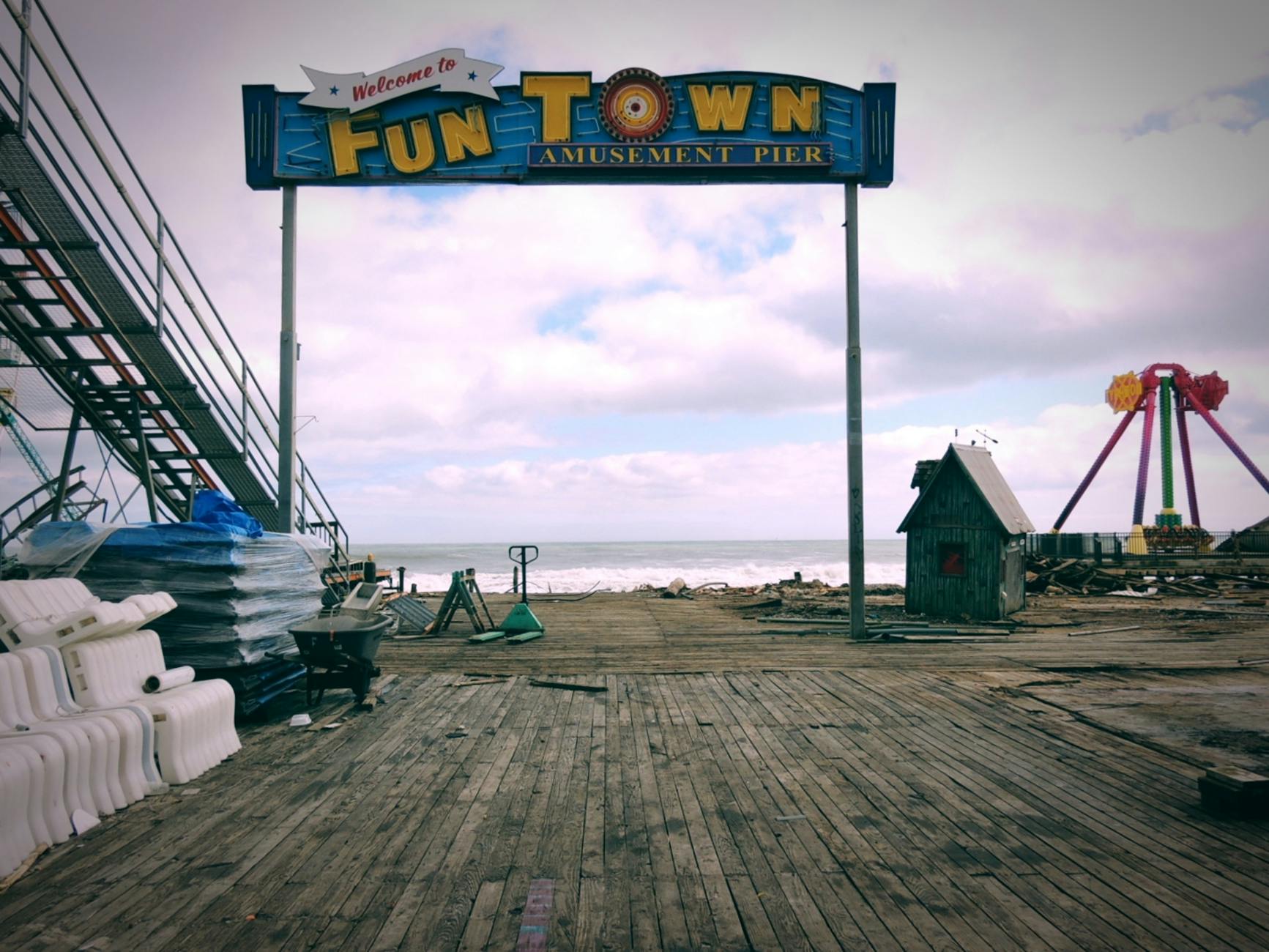The End of a Chaotic Era

After fourteen years of non-stop political drama, Britain has finally had enough. The general election on July 4th wasn't really about choosing a new government. It was about firing the old one. It was a national eviction, a collective and furious rejection of a Conservative Party that has put the country through the wringer with Brexit, "Partygate," a revolving door of prime ministers, and a cost-of-living crisis.
The result was a political bloodbath. The Tory party wasn't just defeated; it was decimated, reduced to a humbled rump in its worst showing in modern history. The Labour Party, under its leader Keir Starmer, won a landslide majority of historic proportions.
But let's be very clear about what this was. This wasn't a passionate embrace of Labour's vision for the future. It couldn't be, because Labour was painstakingly careful not to have one.
So who benefits from this national nervous breakdown? Keir Starmer, a man who has weaponized caution and made "boring" a core political strategy. After the chaos of Boris Johnson and the 49-day farce of Liz Truss, Starmer correctly gambled that the British public was desperate for a bit of boring. His campaign was a masterclass in saying almost nothing at all. He promised to "stop the chaos," a simple, brilliant slogan that was both a diagnosis of the country's illness and the sum total of his proposed cure.
He offered competence, not charisma. Stability, not revolution. And it worked. Brilliantly.
Now, this most un-revolutionary of revolutionaries has been handed one of the largest parliamentary majorities in British history. And he inherits a country that is, to put it mildly, a mess. The economy is stuck in a low-growth rut. The beloved National Health Service is on its knees, with waiting lists stretching into the millions. Public services, from schools to courts, are crumbling after years of neglect.
And here is the central problem for the new Prime Minister. He won by promising a return to stability, but he also promised not to raise taxes and to abide by strict spending rules. How do you fix a broken country with no new money? This is the riddle that will define his premiership. He has very little room to maneuver, and the immense expectations of the public are set to collide with the grim reality of the nation's finances.
The British people didn’t vote for a specific ideology. They voted for a competent adult to take charge. They voted against the noise, against the scandals, against the chaos. Keir Starmer now has the power he so cautiously sought. The question is whether his brand of careful, managerial politics is enough to solve problems that may require something far more radical.
